WHAT WE DO
We are focused on exploring how financial services can better meet the needs and improve the lives of poor households.
We generate new evidence.
Through rigorous research and analysis we fill important gaps on how households and business use financial tools and services.
We systematize evidence and communicate lessons.
We clarify what is known, and what needs to be known, about the impact of all types of financial services in poor households.
We frame policy, regulatory and market issues.
We describe policy options, always making clear the trade-offs as well as the direct effects of policy choices. We take markets, scale and business models seriously, while also highlighting the limits and failures of markets in serving the disadvantaged.

How We Do It
Making quality financial services available to poor households is not a new goal, but it is an important one.

Progress, for some
Since 2009, when Jonathan Morduch and co-authors wrote that “Half of the World is Unbanked,” public and private efforts, aided by technology, have yielded huge but uneven progress. In 2021, gaps remain - between women and men, urban and rural - and disadvantaged communities in rich and poor countries risk falling further behind.
Poor households need diverse financial tools
Being able to buy what you need when you need it, put money aside for the future, and withstand bad luck are fundamental to navigating life’s opportunities and setbacks. The tools and services we rely on to do these things are as important to people living near the poverty line as they are to the wealthy, if not more so.
Our Impact
FAI continues to “connect the dots” on financial inclusion, with original research, field work, and synthesis of knowledge from across fields and geographies.
FAI was founded in 2006 by economists Jonathan Morduch, Dean Karlan, and Sendhil Mullainathan. Early on, FAI funded a series of RCTs that reshaped microfinance conversations, including early studies of microcredit impact, and innovative savings and credit products.
These agenda-setting studies led to a series of influential projects; among them:
Meet the Team

Funders
The Financial Access Initiative acknowledges support from:




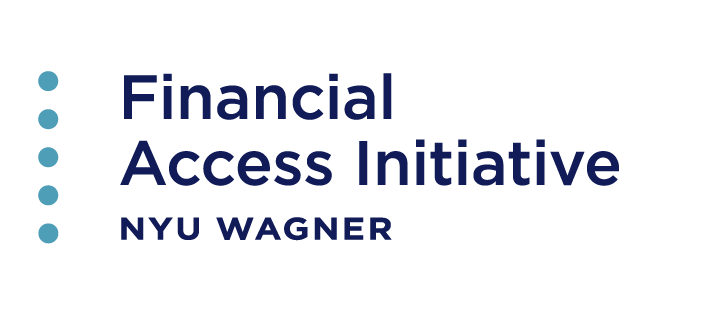

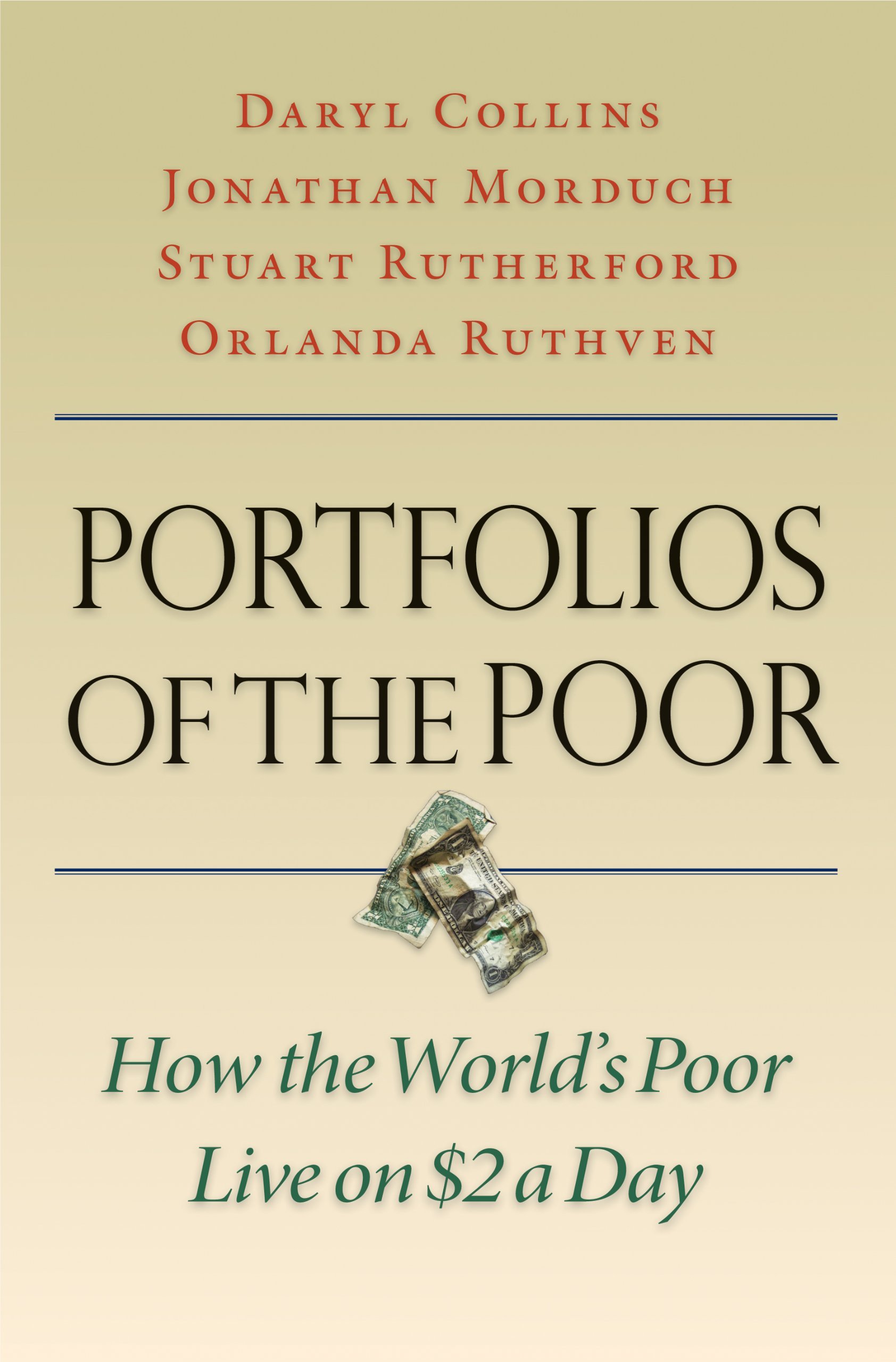



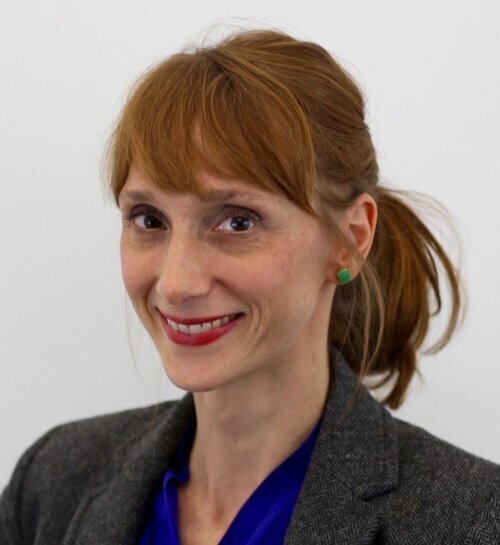




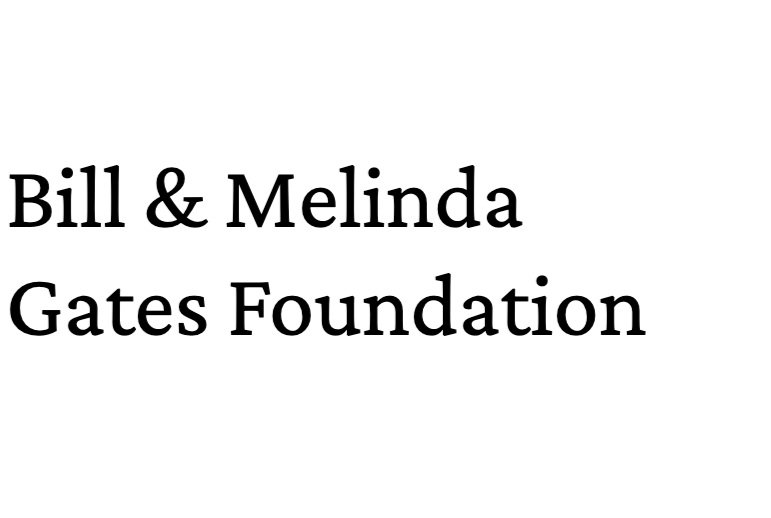




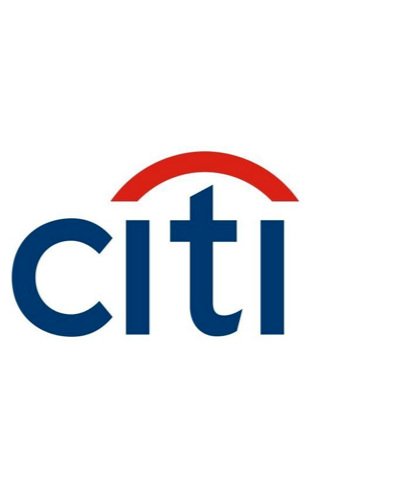
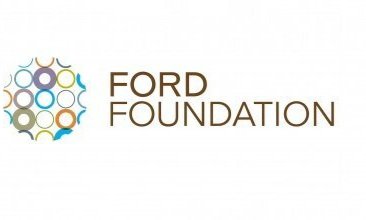
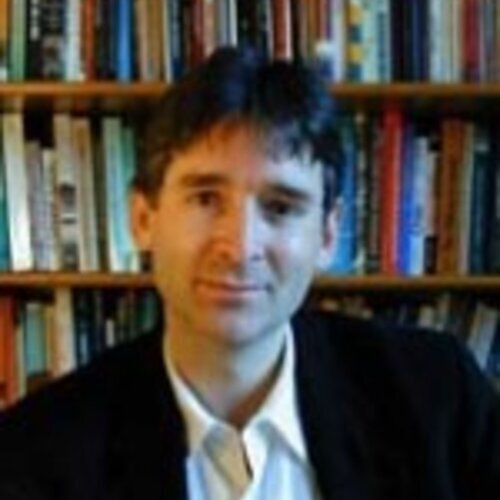
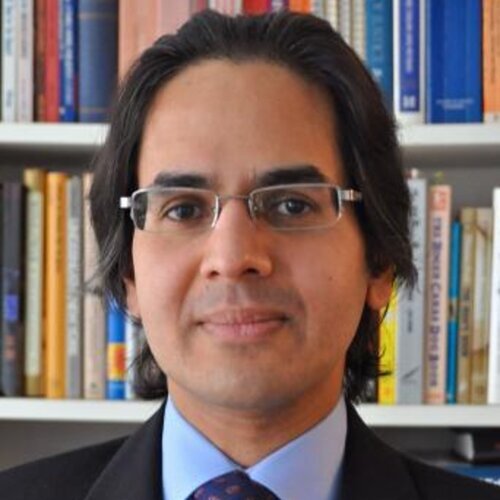




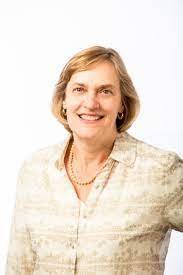

Executive Director and Co-Founder
Jonathan is Professor of Public Policy and Economics at NYU Wagner. His research focuses on finance, poverty, and inequality.
Jonathan is the co-author of The Financial Diaries: How American Families Cope in a World of Uncertainty (Princeton 2017) with Rachel Schneider, which reports on the financial lives of 235 working Americans over the course of a year. He also co-authored Portfolios of the Poor: How the World’s Poor Live on $2 a Day (Princeton 2009) and The Economics of Microfinance (MIT Press 2010). He is co-editor of Banking the World: Empirical Foundations of Financial Inclusion (MIT Press). With Dean Karlan, Morduch has written an empirically-oriented principles of economics text, Economics (McGraw-Hill 2017, 2nd ed.).
Jonathan has taught on the Economics faculty at Harvard, and has held visiting positions at Stanford, Princeton, Hitotsubashi University and the University of Tokyo. He holds a BA from Brown University and Ph.D. from Harvard University, both in Economics. He was awarded an honorary doctorate from the Université Libre de Bruxelles in December 2008 in recognition of his work on microfinance.